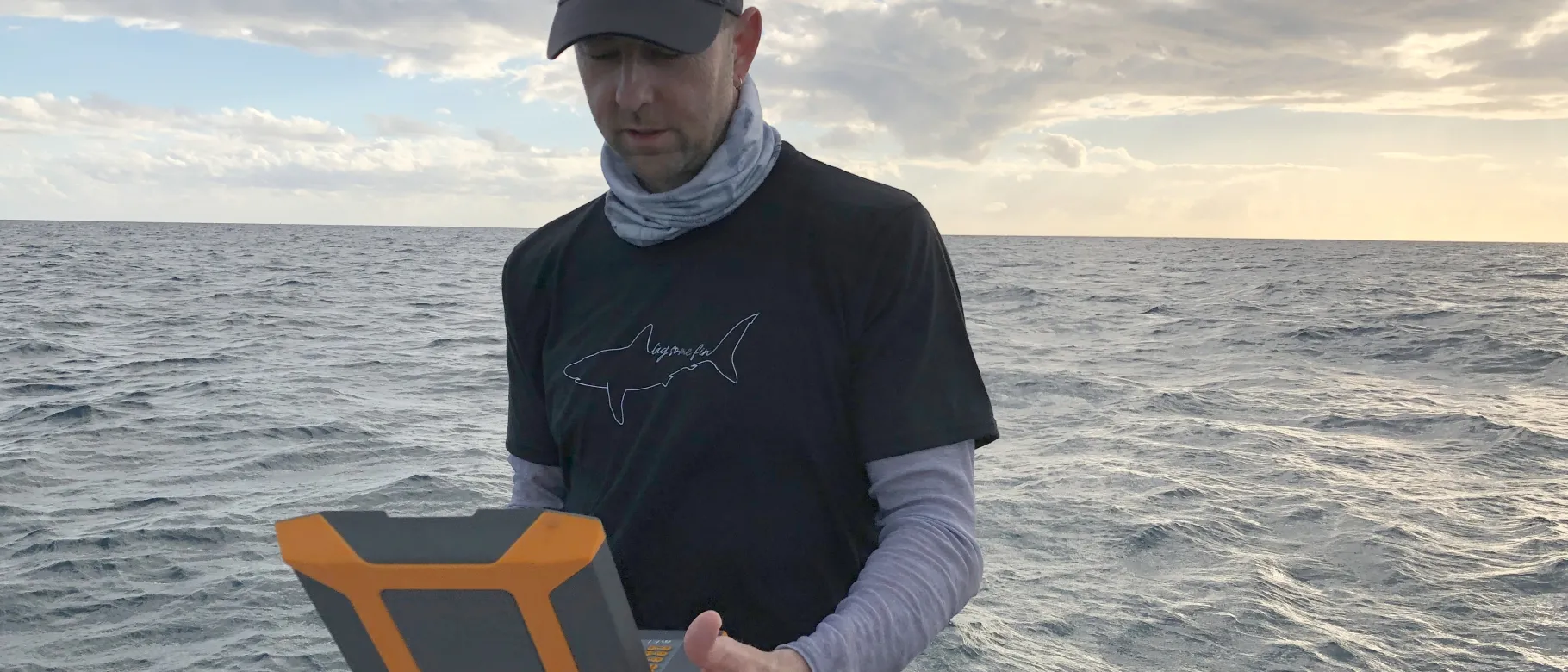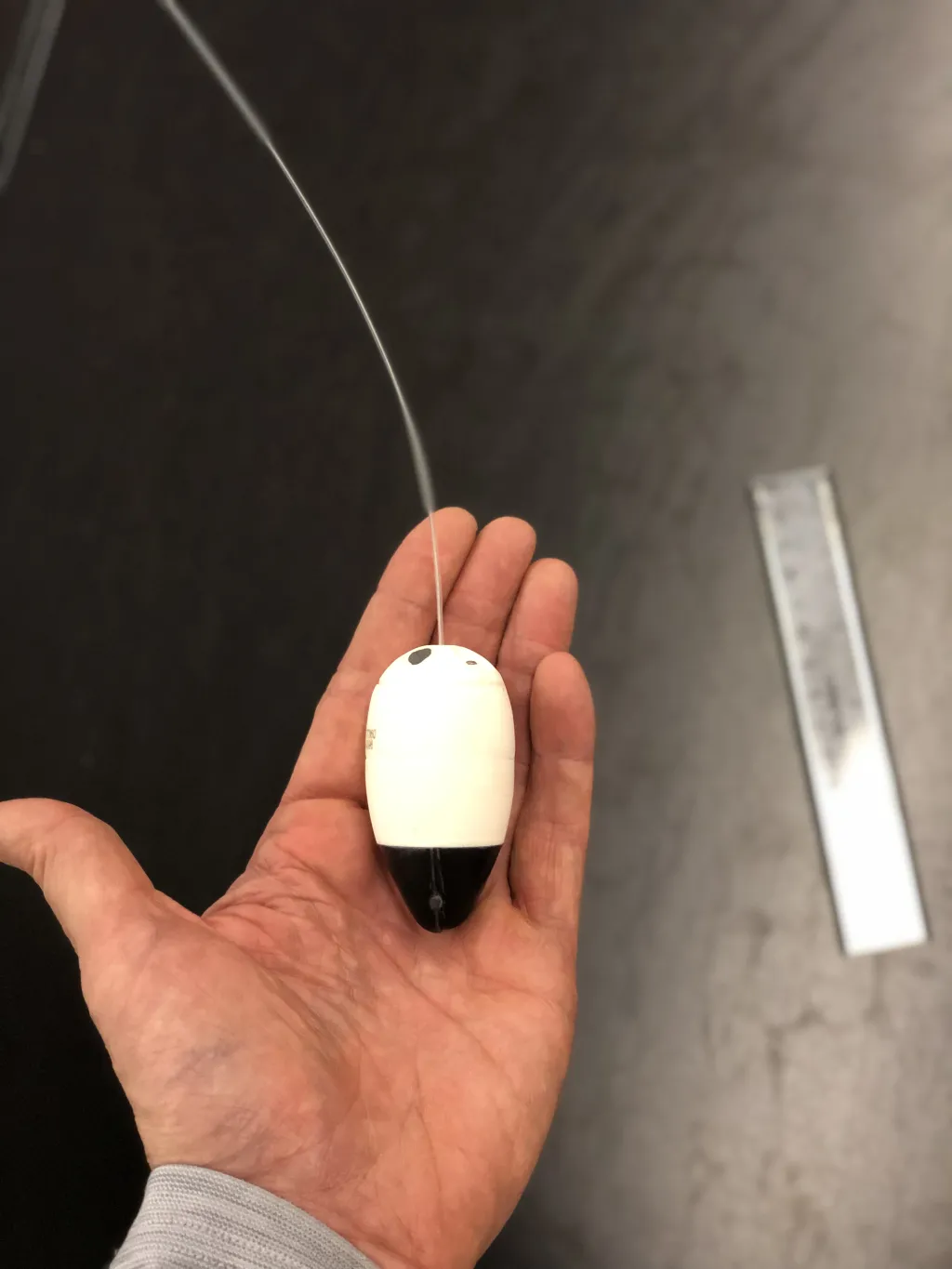James Sulikowski conducts research to learn where sharks give birth

James Sulikowski, Ph.D., professor of marine sciences, is working with other scientists to learn where sharks give birth off the East Coast.
Their plan is to put transmitters inside the uteruses of pregnant sharks.
The trackers, called Birth-Tags, are expected to provide new information on where some of the largest, most mobile species of Atlantic sharks give birth along the coast.
Sulikowski says they will include makos, tigers and great whites.
“We hope to clarify the nursery grounds for highly mobile sharks that may give birth in areas not previously known,” he told the Charlotte Observer.
Once placed in the uterus, the Birth-Tags will stay inactive until they pop out with the newly born pups. The tags will then begin transmitting location signals to satellites.
Information gathered from the tags could prove critical in preventing human-shark interactions.
Sulikowski and researchers from the Hammerschlag Research Lab and University of Miami began testing the tags in tiger sharks last week in the Bahamas.
Results are expected as early as this spring.
The research is supported with grants from the UNE Office of Sponsored Research, the Herbert W. Hoover Foundation and the Amherst Machine Company.

